Closing the Evening Standard is like robbing London of Big Ben
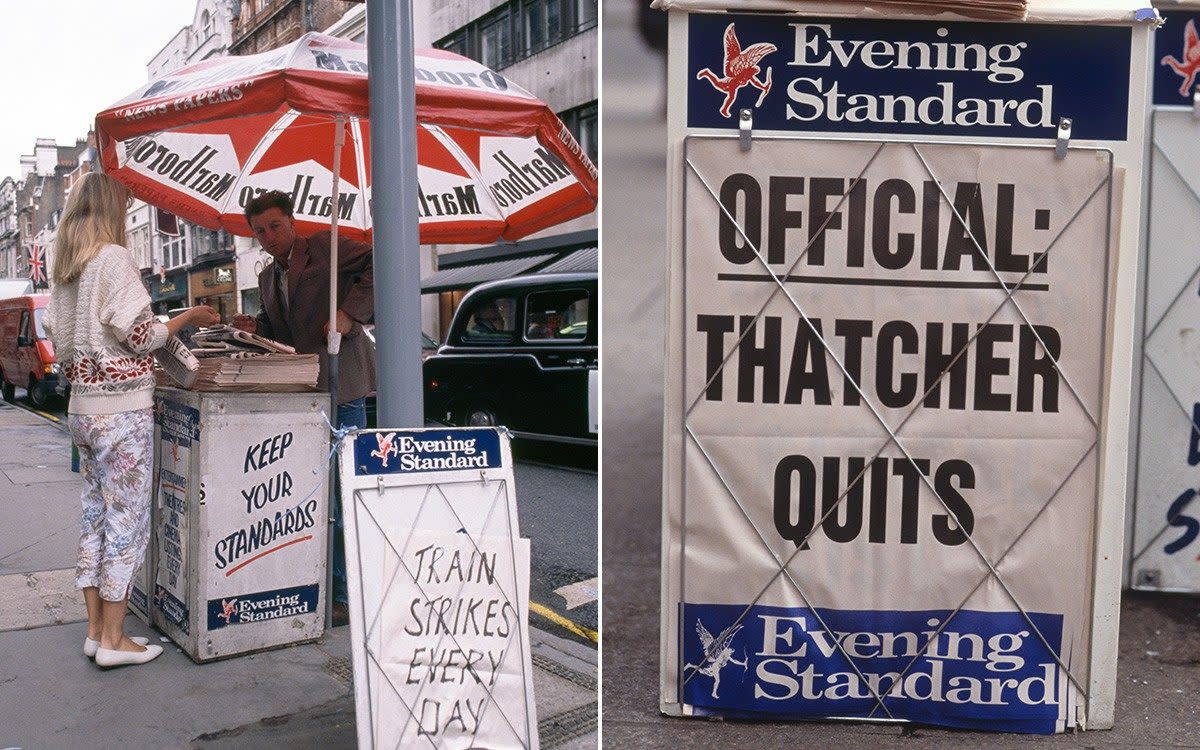
On the morning of June 14 2017, London woke up to news of a horrendous fire at a block of flats in the west of the city. Evening Standard photographer Jeremy Selwyn was already there, having arriving at Grenfell at 3am. “I parked nearby, walked towards the scene to see the whole tower engulfed in flames. I felt helpless. When I arrived, it was just carnage. I could hear screaming. I couldn’t do anything. What can you do as a photographer?” He added: “It looked like a scene from a war zone. I can’t describe it in any other way. It was shocking and it still is.”
Selwyn’s picture, taken from a neighbouring building, occupied the entire front page, top to bottom, of that day’s newspaper. It was horrible, stark and unforgettable. Other papers across the globe picked it up and ran with the same photo. The snap earned Selwyn the National Newspaper Photographer of the Year award.
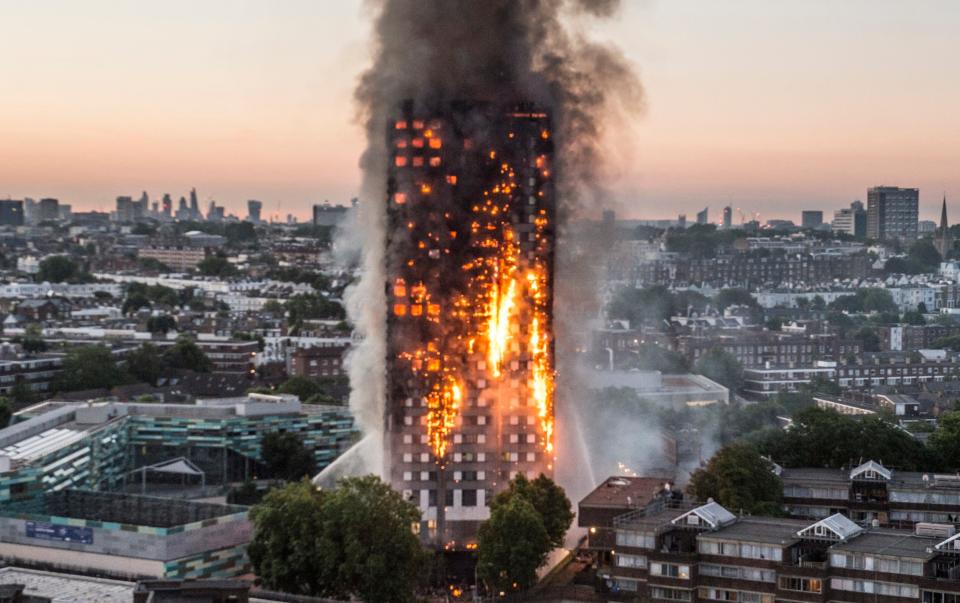
While Grenfell was exceptional, it was also normal for the Evening Standard to be leading the rest of Fleet Street, to be first with the news in print. It happened time and again that a story would break and the paper’s reporters and snappers were dispatched immediately, no ifs no buts, to get there and to file as fast as they could.
Provided it happened on a weekday, between the early hours of the morning and late into the afternoon, the Standard would have the report on the streets ahead of anyone else. On 9/11, the TV screens were on in the newsroom in London, writers and photographers were scrambled in New York. Within one-and-a-half hours of the terrorist attack unfolding, the paper was out, and the vendors were shouting: “Standard! Standard! Read all about it! Get yer Evenin’ Standard!”
News that the title is to cease publishing daily and will go to a weekly provoked sadness on Wednesday. There were the veterans like me – feature writer, then City editor for 10 years – who remembered how it was, as we’ve done with other papers that have stopped printing, or still limp along, a shadow of their former selves.
Of course, we rationalise and mark it down to the onward march of digital, and we console ourselves that more people are still reading than ever, via the website, but something visceral and emotional is lost.
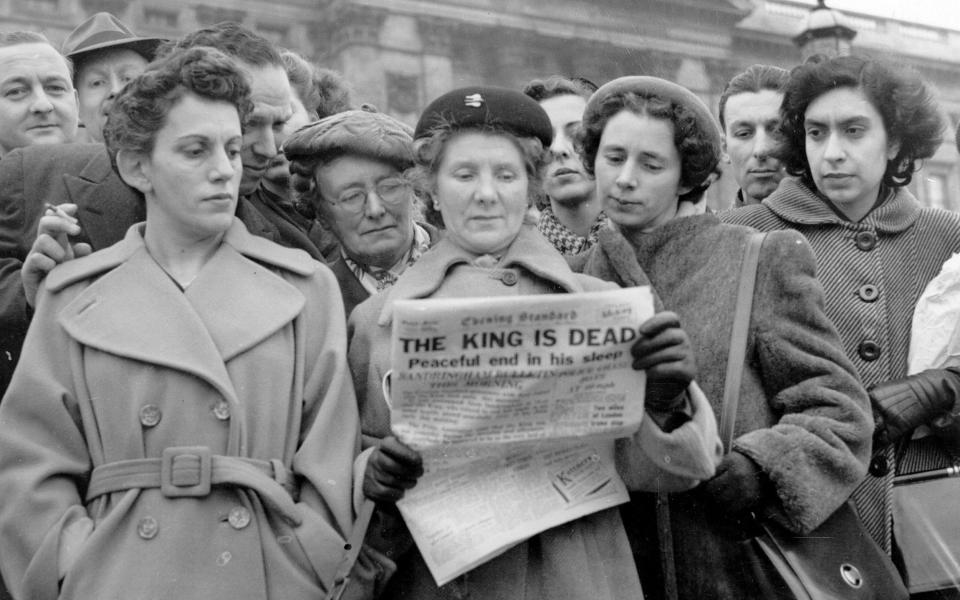
It’s not the same. The Standard that once employed 250 (now 140), began its day when others were still sleeping and by the time they went for their lunch break, that day’s news would have been written, printed (at the paper’s print works in Hertfordshire), and loaded on to lorries and vans that then hurtled into London, dropping off at 1,000-plus outlets and street stands. It was quite a thing.
Every day felt like an achievement, from the moment the night editor briefed the early arrivals at 6am, with the first edition deadline looming at 10.30, through four more editions at 12, 1pm, 3pm and 4.30pm. Over the years those times changed – there had been an even earlier edition at 8.30 – and the number of editions, too. Their names were evocative: Metro, News Extra, City Prices, West End Final. But the point was, there was never any time. For the Standard and its journalists, the news was always rolling, just like the 24-hour TV channels and websites today.
The paper, too, was not small. Frequently, in the busiest periods, in early autumn and the run-up to Christmas, it could amount to more than 100 pages. I’d worked on Sunday and daily newspapers, tabloids and broadsheets, but I had never experienced anything like the Standard. Being there in the early morning was to be consumed by an adrenalin rush. If you could not write quickly before you joined the Evening Standard you could now – or you left.
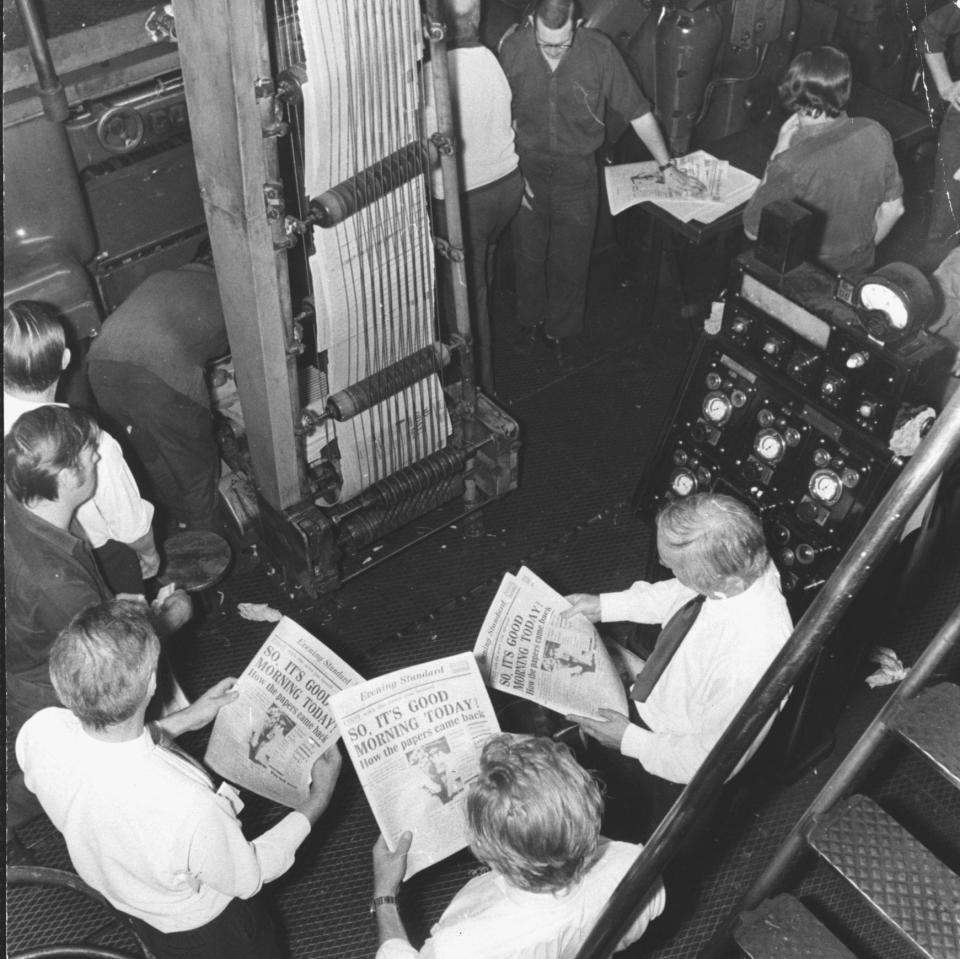
The staff were, quite simply, brilliant. We were not just reporting the news, don’t forget, we were analysing and dissecting and opining.
We rarely got it wrong. I will put my hand up. Sir Philip Green rang one morning with minutes to spare until the first edition. He was going into partnership with Simon Cowell to make hit TV shows, and it would be “bigger than Disney”. I rushed round to the news desk. It was the front page, or the “splash” as everyone in the industry calls it. The headline was “Bigger than Disney”. A while later, a City sage called and inquired as to whether I had any idea as to Disney’s size. “I’ll tell you. $60 billion. They’ve got no chance; they’re having a laugh.”
The Green-Cowell marriage never got off the ground and they went their separate ways. Today, Disney is worth $185 billion (£145 billion).
It was a rush of blood to the head. Determined to hit that hard stop and to get the news out first, I’d not stopped to think, to question what the boastful retail tycoon was telling me.
That was always the imperative: first with the news. There will be plenty of folk, not just us ex-staffers, who will mourn the Standard’s passing as a daily. If any single object connected with the moving, never sleeping, forever changing metropolis that is the nation’s capital, a world city, it was its paper, the Evening Standard.
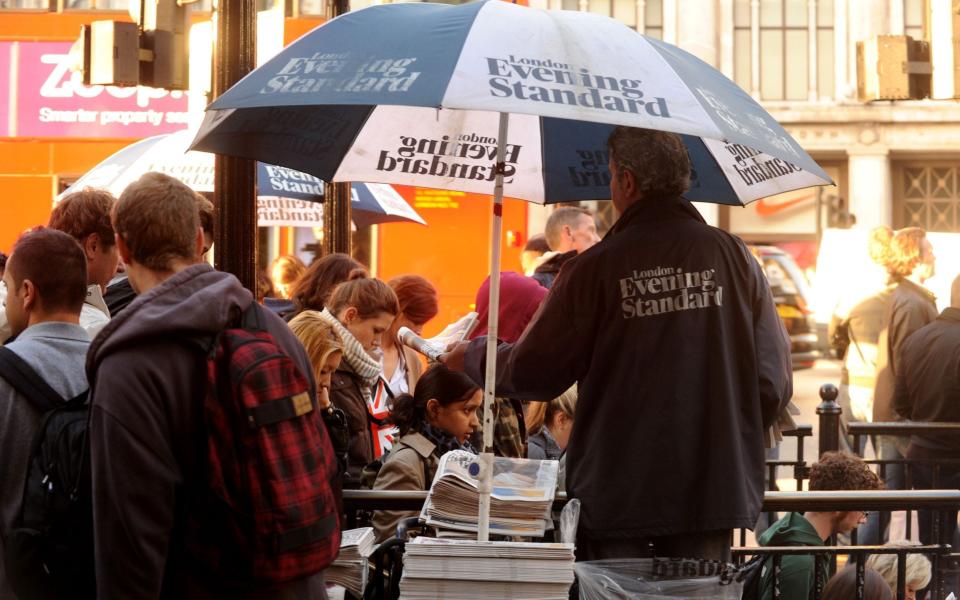
In theory, it was a regional paper. Indeed, the nationals would rejoice in looking down their noses. But they read us; their newsrooms and editors had to have the Evening Standard as soon as it was available.
We were a paper about the city and for the city, for the millions of its inhabitants and workers, rich and poor. That’s how we saw it, launching campaigns that resonate still and raised huge sums for London and for Londoners. They became a hallmark of the paper. Yes, there were the pics from last night’s premiere and the galas and parties and fashion shows, but alongside the glitz and glamour there was hard grit.
The “Dispossessed”, “Save London Lives”, “Get London Reading”, “Grenfell”, the “Felix Project” – these were just some of the fund-raising efforts that saw hard-bitten journalists and readers come together, to raise money, to help. The paper’s push last Christmas for Comic Relief brought in more cash than all the other national titles’ seasonal appeals combined. Only yesterday, as news of the daily’s demise was sinking in, the Standard embarked on another one, combatting misogyny and sexist abuse, harassment and violence by boys against girls in London’s schools.
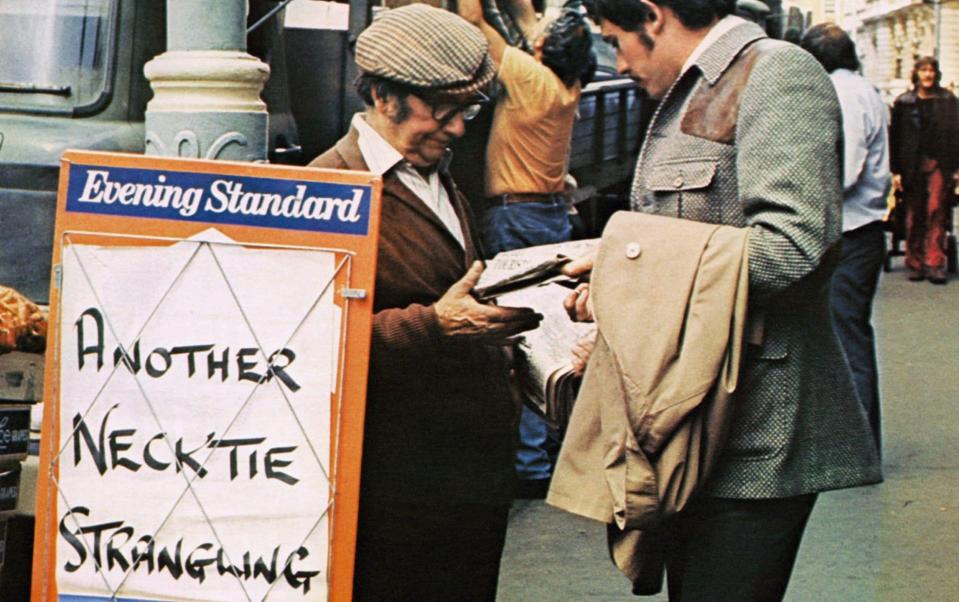
That’s how Hollywood viewed it as well. If they ever wanted to encapsulate London, the directors would pick a red double-decker, Big Ben or the Evening Standard billboard. Many is the movie where they’ve used the paper as a way of moving the story on, via one of its felt-tip, hastily written posters.
The Standard was a compelling read. The first take on a political scandal, a business takeover, a West End play, a film, a football transfer – you name it, the Standard had it before anyone else.
There’s no denying the thrill of leaving the paper in the afternoon and seeing your work being thrust into outstretched hands, or getting the Tube and realising that the person opposite is reading your column, with your picture at the top. In terms of influence, the title was out on its own. Literally. It’s hard being the first to call a breaking story, assess its significance, to critique a new show. It’s much easier being in the peloton, following behind. We would feel, and I know this sounds grand, that we were doing the work of others for them.
That’s how politicians and their spin doctors saw us as well. Our “45 minutes from attack” headline on a story by the late, great Charles Reiss, the political editor, put down a marker for debate of the impending Iraq war. We were writing for MPs and peers sitting in Parliament’s tea rooms, for Whitehall officials at their desks, for City grandees in the backs of their cars on their journeys to and from lunch. They, and so many others, needed their regular, early fix.
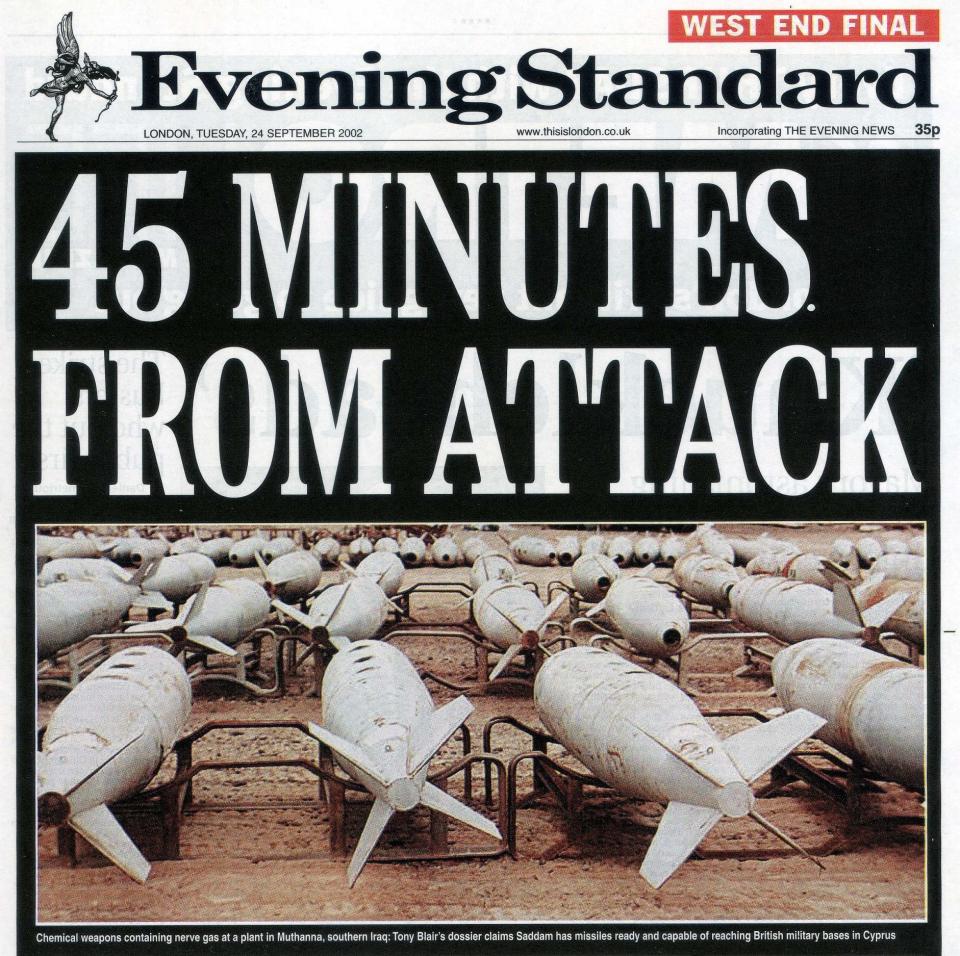
Not for nothing did Jonathan Powell, Tony Blair’s chief of staff, send an email to Alastair Campbell, in September 2002, ahead of release of the government dossier claiming Saddam Hussein possessed weapons of mass destruction: “Alastair – what will be the headline in the Standard on day of publication? What do we want it to be?”
Versus the internet, the Standard was battling an irreversible force. Commuters who used to read the paper for the news now had it at their offices on screens and on their phones. The paper gave up trying to charge and went free, with considerable success.
The expansion of Wi-Fi on the Underground and the onset of the pandemic put paid to that. Covid hastened the decline. People got used to not reading the Standard during the various lockdowns. Then, when they returned to work their commuting pattern had altered. In the meantime, advertising had moved elsewhere.
There’s optimism the new weekly will triumph. Let us hope so. Certainly, London without its Standard is simply inconceivable.

